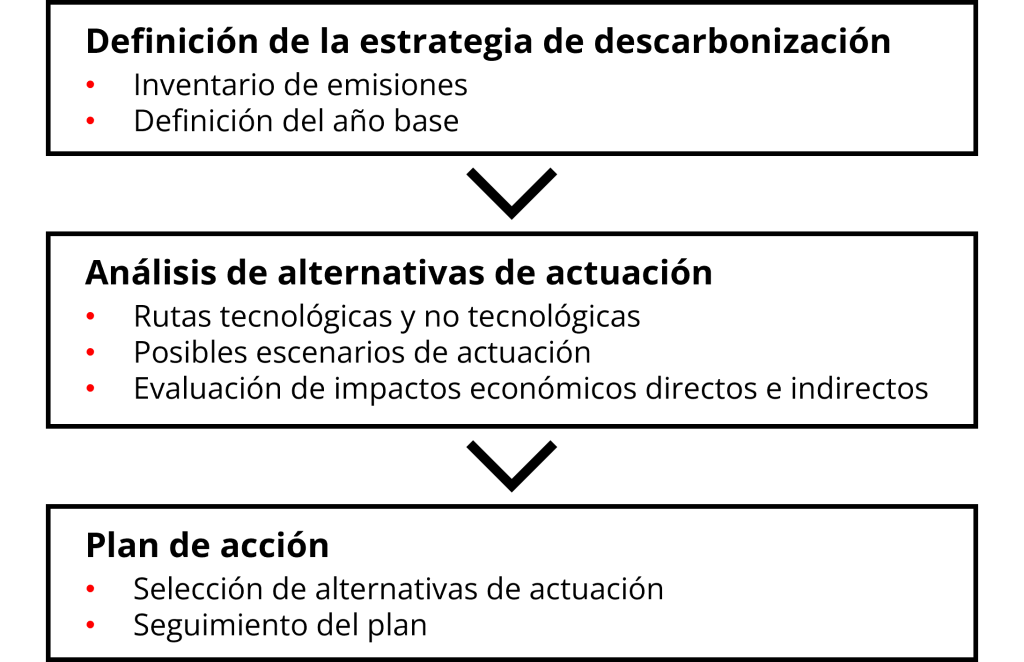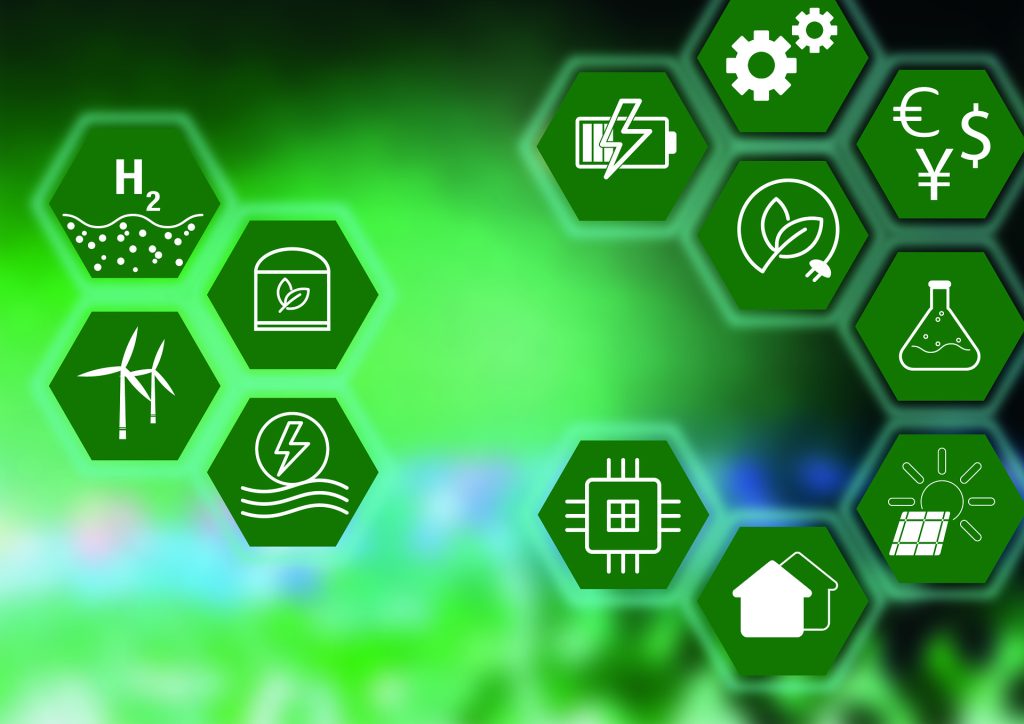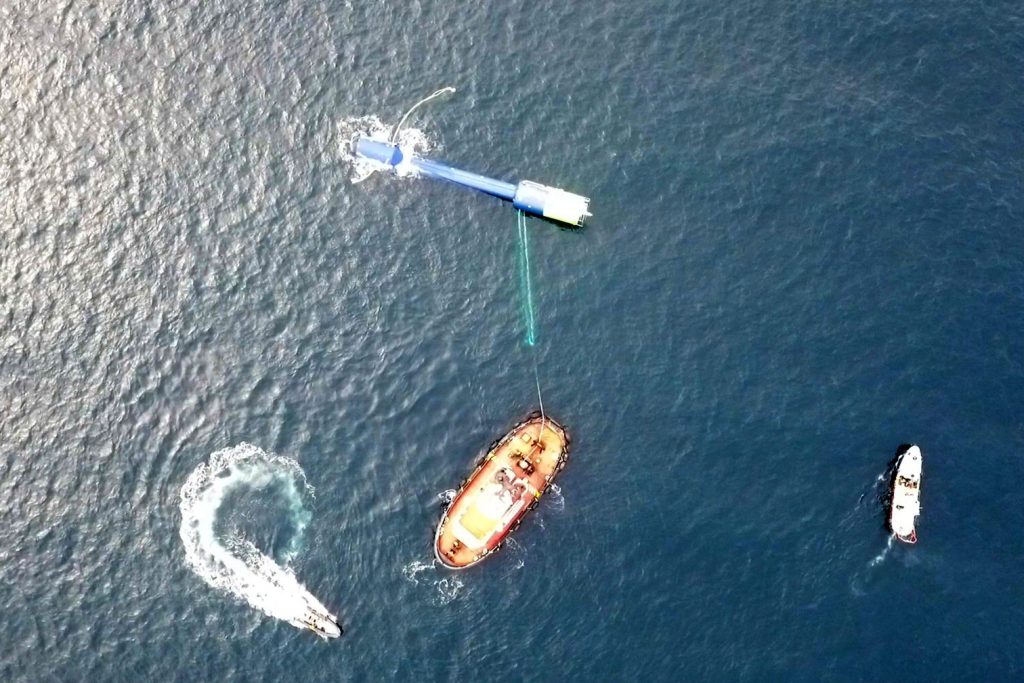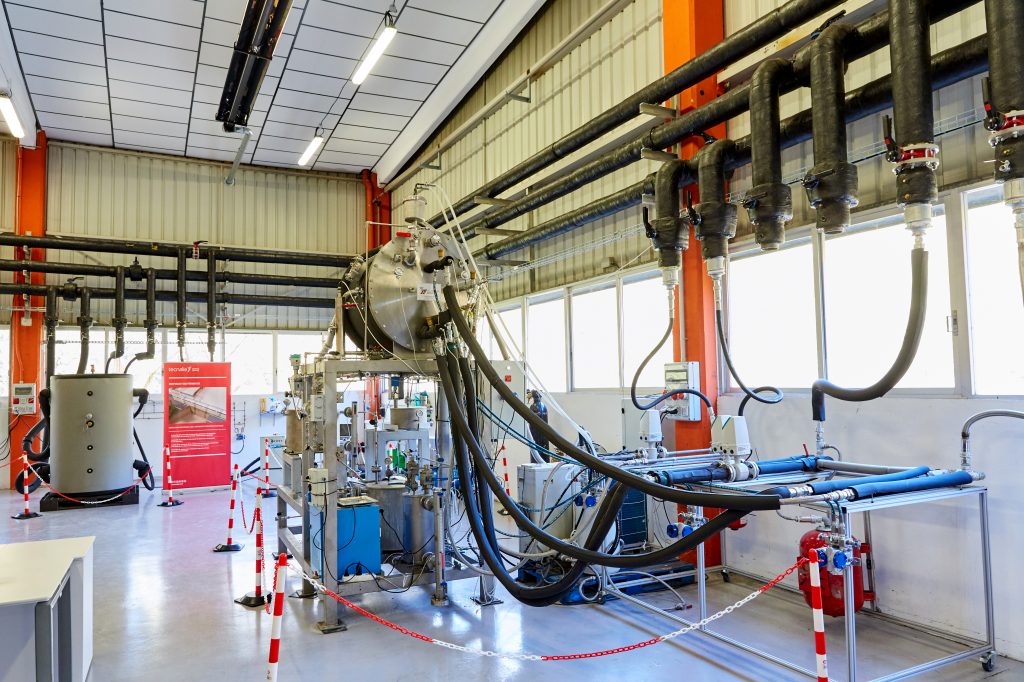We help tackle decarbonisation plans by using strategies that avoid the current uncertainty
The decarbonisation of industry, cities and regions is a complex process. There are a wide range of actions that revolve around it:
- Introduction of renewables.
- Penetration of new energy vectors such as H2.
- Self-generation.
- Distributed generation.
- Energy storage.
- Network flexibility and demand management.
- Energy efficiency
- Sustainable mobility.
These are just a few of them, and they are strongly interrelated.
Investment decisions with important consequences need to be made when undertaking a decarbonisation process. The changing environment in which we live brings worrying uncertainties with it: Environmental taxation, regulatory changes, evolving energy prices, the need for innovative technologies and the deployment of infrastructure will have a significant impact on energy costs and, therefore, on the competitiveness of companies and the development of cities and regions.
Although implementing a decarbonisation plan means taking important and worrying decisions, there are benefits for industry and society as a whole:
- Energy security.
- Energy savings.
- Improved competitiveness.
- Environmental improvement.












